The Department for the Economy (DfE) is continuing to receive criticism over its handling of the audit process for boilers accredited under the Renewable Heat Incentive (RHI).
“The department is trying to catch boiler owners out on the smallest infraction possible. I think they have an agenda to throw as many people out as they can to save government money,” one boiler owner told the Irish Farmers Journal.
The RHI claimant said that DfE should instead be holding workshop events and publishing more advice on how to prepare for audits.
Inspectors in NI require evidence of all boiler installation, fuel and maintenance costs as well as boiler ownership and the date of commission. The audit also looks at the use of the heat produced from the boiler.
Some scheme participants have taken issue with various parts of the inspection, especially where evidence is required about the commercial viability of overall business. Reports also suggest that auditors have questioned boiler owners if fuel use reduced after RHI tariffs were cut in April 2017, and asked for evidence from local councils that planning permission and building control was not needed for the installation.
“They are looking for stuff over and above anything that’s to do with an audit. You can have payments suspended for a very minor infraction and it is taking up to a year to get payments going again,” the scheme participant said.
Andrew Trimble, executive chair of the Renewable Heat Association for NI, said that boiler owners should be told of the outcome of the audit and given the opportunity to rectify any issues.
Concern
“RHANI has expressed grave concern that audits continue to be conducted under a cloak of secrecy,” he said.
The DfE has maintained that boiler owners are told of the outcome of the audit after the inspection report has been finalised and considered by the department. However, Trimble said that this takes several months in most cases.



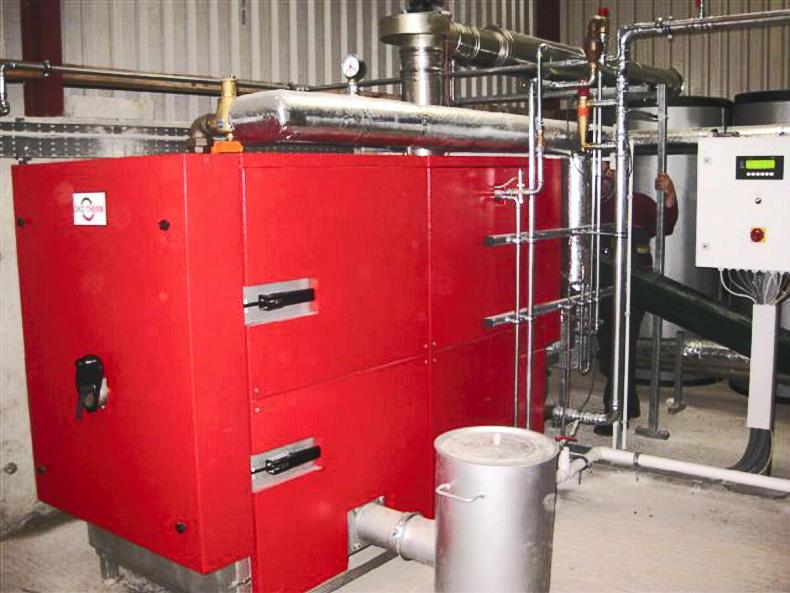

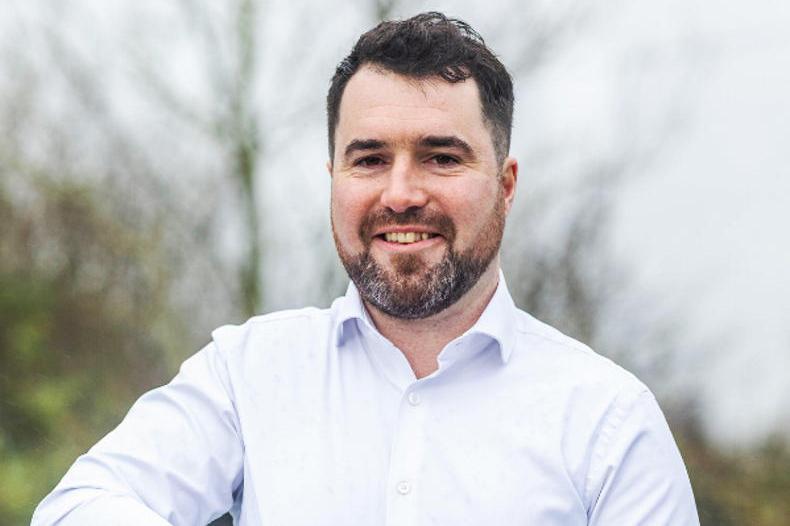
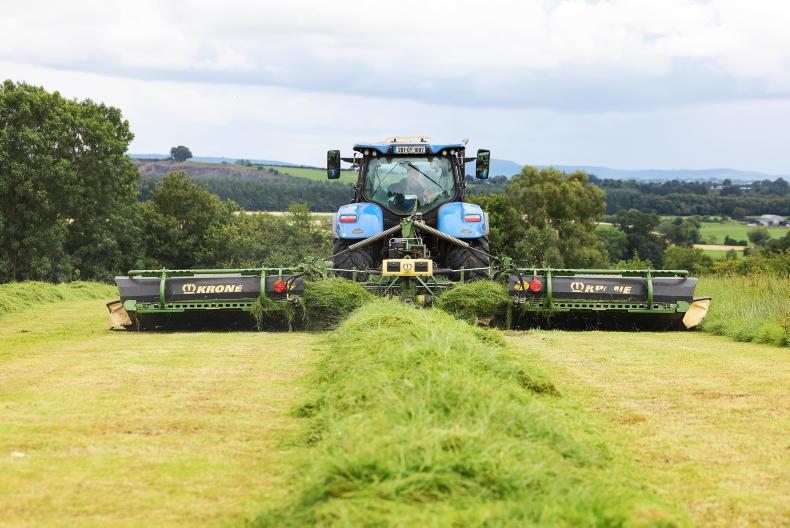
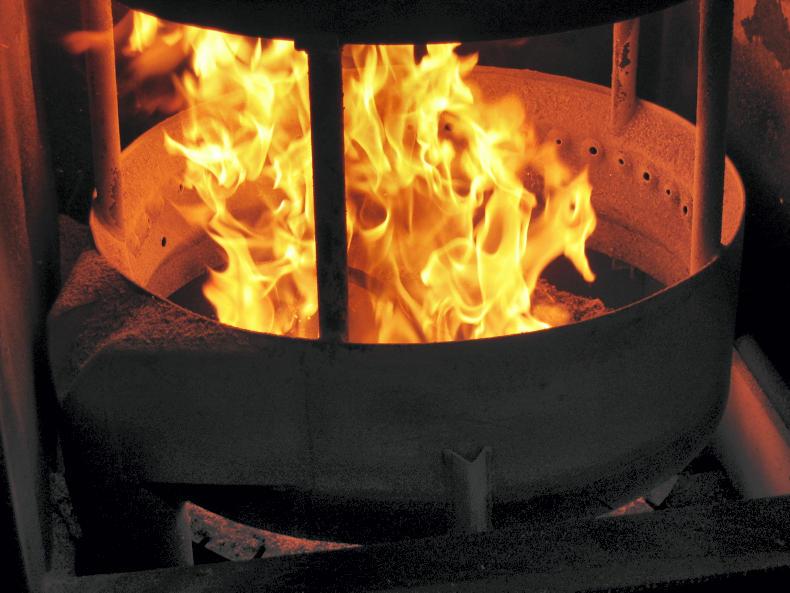
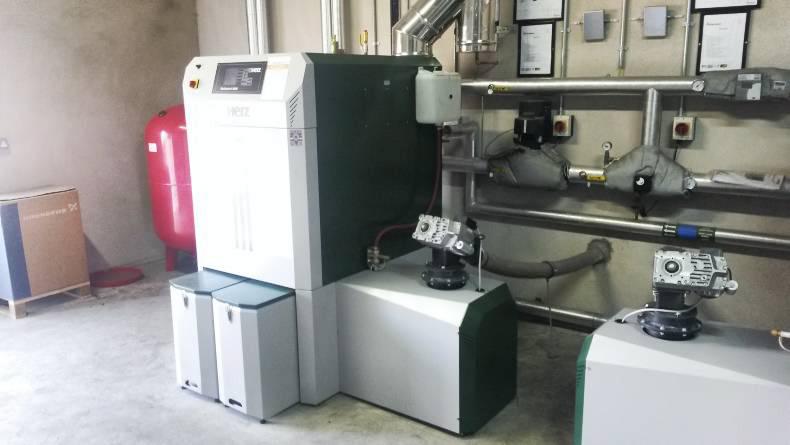
SHARING OPTIONS